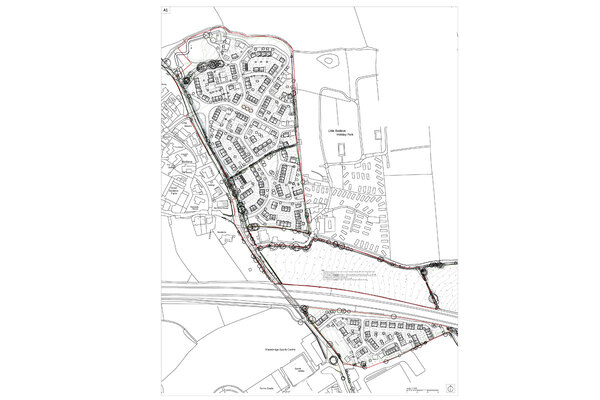Localism Bill hit by further delays
The publication of the government’s Localism and Decentralisation Bill has been pushed back, amidst criticism from academics and planners.
An update from the Department for Business, Innovation and Skills last week said that the bill would be published on 9 December, but the Communities and Local Government department has refused to confirm a date. Rumours now suggest it has been postponed until next week.
The delay to the bill, which was originally intended to be published in November, makes it increasingly unlikely there will be a second reading before Christmas.
It will contain details of social housing reforms, an overhaul of the planning system, the abolition of the housing revenue account subsidy system, and more general moves to shift power from central government to local authorities.
The measures in the bill have already come under fire. Dr Tim Brown, from De Montfort University, said: ‘The measures fail to address the crisis in social housing. They will make matters worse rather than better.
‘There are over 1.8 million households on social housing waiting lists and this has doubled over the last decade. But instead of committing the government to a programme of new social house building, the proposals in the Localism Bill will lead to a fall in new social housing construction. Councils will not have to meet targets set independently through the regional planning system.’
Keith Jenkins, a senior partner at law firm Winckworth Sherwood who helped draft the legislation, said developers would have to be careful not be to seen as ‘bribing’ local communities to accept their plans.
‘Local communities are less likely to respond to development proposals on their doorstep with “Over my dead body”, more “What’s it worth?”,’ he said.
The bill is also expected to contain detail on the scrapping of regional development agencies, and regional spatial strategies.
Ann Skippers, presidents of the Royal Town Planning Institute, said: ‘We are concerned that government briefing on the bill does not demonstrate how elected local authorities can meet their responsibilities to plan for integrated sustainable development across their local areas let alone the wider than local areas where strategic policies and priorities are needed. The sooner we all see the published bill, the sooner we will know whether these fears are justified.’
As well as reforming the planning regime the bill will also extend powers to local government including a general power of competence. The power will allow councils to act in the best interests of their communities as long as their actions do not cost central government extra money and that the action does not break an act of parliament.







